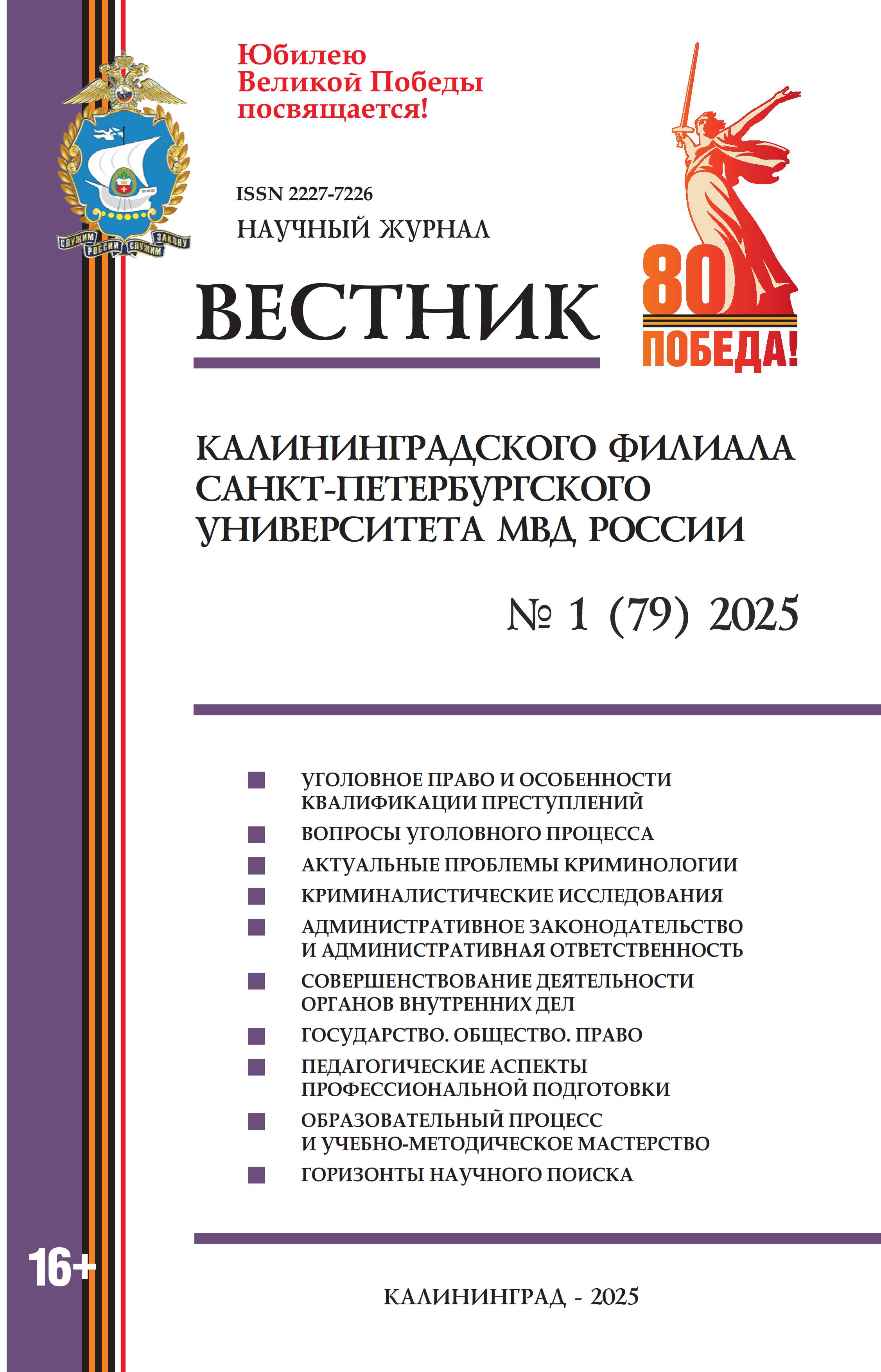Kaliningrad, Kalinigrad, Russian Federation
Introduction. The article raises the issue that it is impossible to give a satisfactory assessment to the results of the education reform carried out in our country. More and more authors of scientific papers point to the need to correct the current situation. However, they usually focus mainly on the organizational side of the problem: lack of sufficient funding, bureaucratization of the education process, etc. At the same time, more specific issues of the reform deserve discussion by the pedagogical community. Methods. In conducting the study, the results of which are presented in this article, a set of theoretical and empirical methods of cognition was used: analysis of sources, systematization and interpretation of the information obtained, comparative analysis of the positions of scientists, methods of abstraction, synthesis, etc. Results. Three urgent, in the author's opinion, problems are considered. The first of them is the requirement to use mainly innovative methods and apply mainly the latest technologies. However, coercion to implement the methods recommended by pedagogical officials cannot give good results, since teaching is an exclusively creative process, a process where success largely depends on the experience, talent and psychological type of the teacher. The second problem is the introduction of a practice-oriented approach. With the current educational system, simply increasing the hours allocated for practice will only lead to a deterioration in the professional training of a specialist. In this regard, it is obvious that a practice-oriented approach requires a return to the specialist system. Finally, the third problem is the transition to individual educational trajectories. The introduction of this experience into the practice of ordinary universities with the current attitude to the higher education system is impossible even for technical reasons. In this regard, it is proposed to organize the study of elective courses via the Internet, where a large amount of very useful content has recently been posted.
Education, educational process, education reform, innovations in education, practice-oriented approach in education, individual educational technologies.









